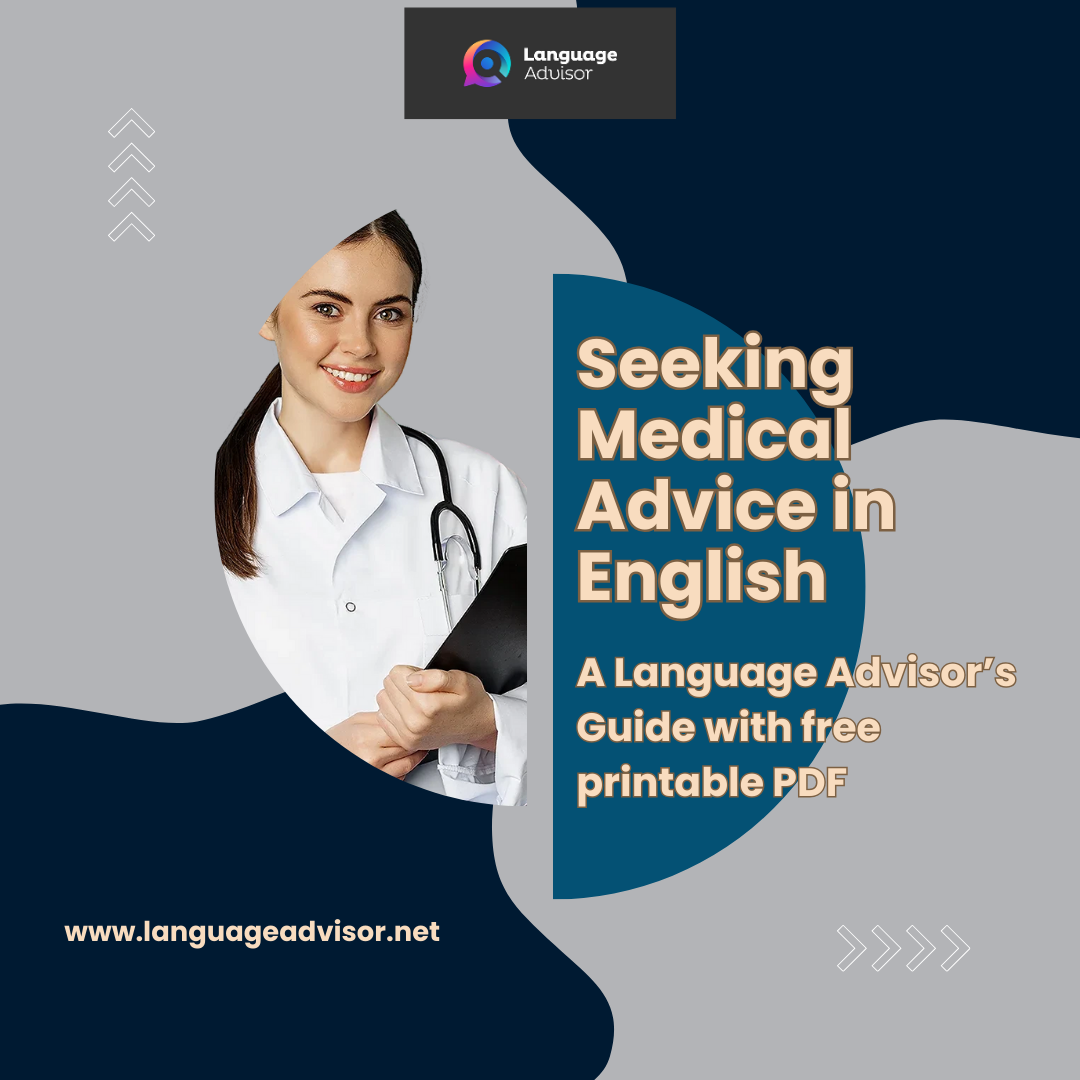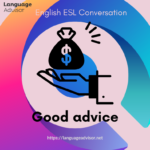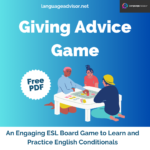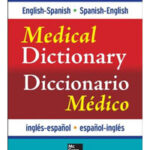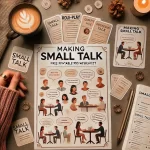Seeking Medical Advice in English: A Language Advisor’s Guide with free printable PDF
Seeking Medical Advice in English

Seeking Medical Advice in English
When you’re abroad, especially in an emergency situation, knowing how to communicate effectively in English can be crucial. This blog post is designed to help students prepare for potential medical emergencies while traveling or living in English-speaking countries. By learning specific vocabulary, phrases, and the procedures required for filling out medical forms, students will feel more confident when they need help in a medical setting.
Objective:
The main goal of this lesson is for students to acquire essential vocabulary related to medical emergencies. This will prepare them for handling urgent situations with medical professionals, and it will allow them to understand important documents, such as medical forms.
Materials:
To aid in this lesson, we’ve provided a free printable PDF that includes a medical vocabulary worksheet, a medical form, and a role-play card. Be sure to print this out before beginning the lesson. [Download PDF here]
Procedure:
1. Warm-up: Start the class by discussing common medical issues and emergencies one might encounter while traveling abroad. Talk about things like:
- Injuries (sprains, fractures, burns, etc.)
- Illnesses (fever, food poisoning, infections, etc.)
- Medical emergencies (heart attack, allergic reactions, etc.)
Also, discuss the necessary precautions students should take before leaving their home country. Ask questions such as:
- “What kind of insurance do you need when traveling abroad?”
- “What precautions should you take to avoid sunstroke or food poisoning?”
Then, have the students share any experiences they’ve had with medical emergencies while traveling. Were they able to seek help in English? What happened?
2. Introducing Medical Vocabulary: Explain that today’s activity will help students deal with medical situations by introducing them to the vocabulary and common phrases used in hospitals, clinics, and doctor’s offices.
Go over the first page of the provided materials, which offer basic information on medical situations. As you read through the text, ask the students to highlight any vocabulary they don’t understand. Clarify these terms, and provide additional examples where needed.
3. Role-play Activity: Now, let’s get hands-on! Divide students into pairs and give them each a “Medical Form” and a role-play card.
- Role 1: Triage Nurse
The first student will act as the triage nurse. Their job is to take the patient’s details, including personal information and information about the medical issue. - Role 2: Patient
The second student will pretend to be the patient, describing their symptoms and any relevant personal information.
When they have finished, the students will swap roles.
Monitor their progress and ask questions that might typically arise in a medical emergency. Encourage students to ask each other questions to simulate a real-world experience. Example questions for the patient might include:
- “How long have you been feeling unwell?”
- “Do you have any allergies?”
- “What medications are you currently taking?”
4. Review and Feedback: Once the activity has finished, ask the students for feedback. Were there any vocabulary words they still don’t understand? Did they need any additional explanations or tips for future medical encounters?
Also, encourage them to ask if they want more details or specific phrases that might be helpful for medical situations abroad.
Emergency Medical Information:
Many countries have reciprocal healthcare agreements that allow foreigners to receive emergency medical treatment under the same conditions as nationals. However, these agreements vary by country, and coverage may be limited. For example, in the European Union (EU), citizens can use an E111 form for emergency medical treatment. However, in some countries like the USA, Canada, and Australia, healthcare can be quite expensive, and it’s highly recommended to have worldwide medical insurance.
Example Medical Vocabulary:
To help you in an emergency, here’s a list of common medical terms you should know. Complete the gaps below:
- You use _____________________ to disinfect a wound.
- If you have a headache, you can take ____________________.
- You get ________________ if you spend too much time in the sun.
- If you have an allergy to something, the best thing to ask the chemist for is some ___________________________.
- You should have a _____________ in your first aid kit if you need an injection in a country where the health facilities are not ideal.
- If you have a deep cut, the doctor will give you _________________.
- For cuts and grazes, a __________________ is sufficient.
- You should wash the infected area gently with some __________________.
- If you have a sprained ankle, it’s best to put a ________________ on for support.
[Answer Key: antiseptic, painkillers, sunstroke, antihistamine, syringe, stitches, plaster, cotton wool, bandage]
Medical Form Template:
Here’s a sample medical form that students can use for role-playing:
Personal Information
- SURNAME:
- NAME:
- D.O.B:
- GENDER:
- ADDRESS (in your home country):
- TEMPORARY ADDRESS (where you are staying):
- NATIONAL INSURANCE N°:
- G.P. name and address:
Medical History
- Do you have an E111 form?
- Are you allergic to penicillin or any other drugs?
- Have you ever had any operations in hospital?
- Have you had a tetanus injection in the last 10 years?
- What is your blood type?
- Are you taking any medication at the moment?
- Is there any condition we should be aware of?
By filling out forms like this one, students can familiarize themselves with the questions they’ll be asked when they seek medical treatment abroad.
Flashcards:
For additional practice, use flashcards to review key medical vocabulary. Flashcards can be a fun and interactive way to help students retain important terms. Consider using flashcards with the medical items mentioned earlier, such as “bandage,” “plaster,” and “painkillers.”
By the end of this lesson, students will have learned practical language skills to help them navigate medical emergencies while abroad. Whether they’re visiting the UK, the EU, or any other English-speaking country, they’ll feel more confident handling medical situations.
Don’t forget to download your printable PDF here and practice the vocabulary with your students!

📩 Want more free ESL lesson plans? Share this post with other teachers and let us know how it worked in your classroom!
💬 What other topics would you like lesson plans on? Drop your ideas in the comments!

DOWNLOAD THE PDF FOR FREE


